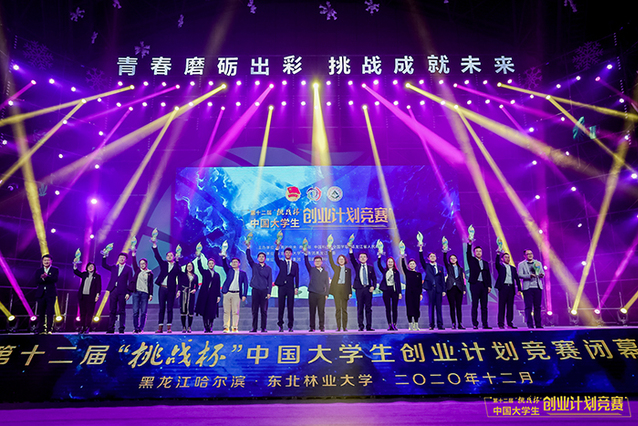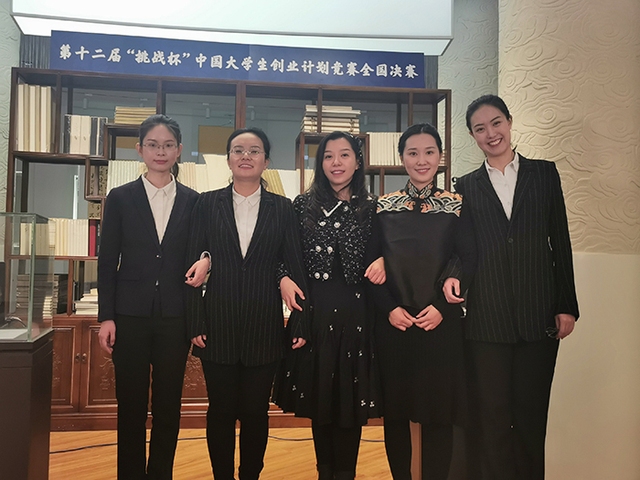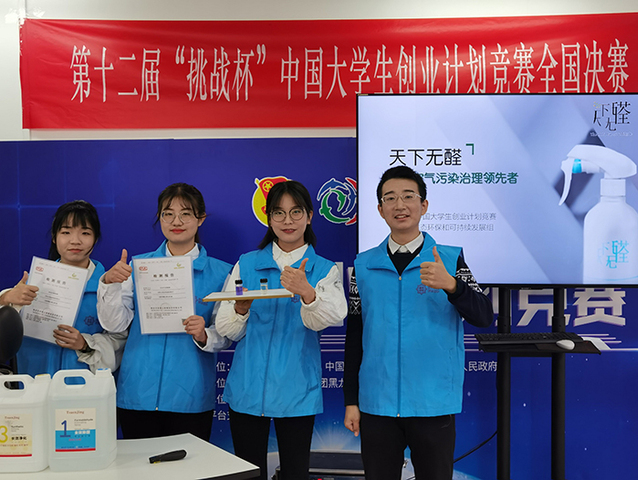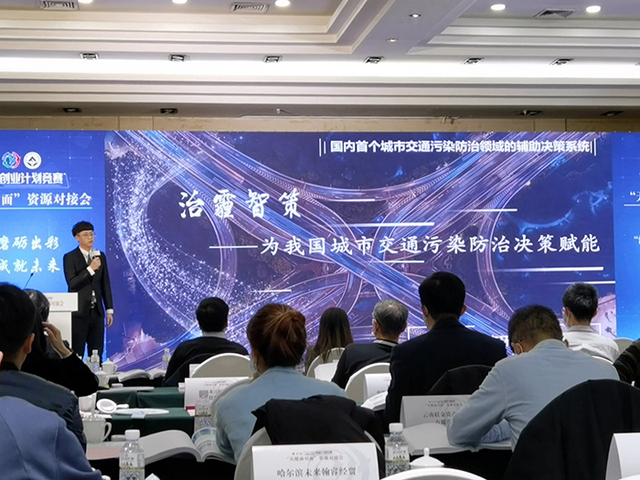Nankai University wins the "Challenge Cup": China University Student Entrepreneurship Planning Competition Cup

On December 9, the Closing Award Ceremony of the 12th “Challenge Cup” China University Student Entrepreneurship Planning Competition was held at Northeast Forestry University. Nankai University won 3 silver medals, 4 bronze medals and, once again, the winner cup, which is also the only one in Tianjin this year. In addition, the “Youth and Prosperity” study group of Nankai was awarded the title of “National Excellent Study Group”.

Among them, under the guidance of Zhang Jingwen, associate professor of Nankai University Museum, and Gao Yuna, a master student of the College of History as project leaders, the project “Nanyou Jiayu” Deep Study of Traditional Culture Based on Virtual Simulation Technology won the silver award. The project aims to apply virtual simulation technology to research and education activities while innovating the primary and secondary education methods during the “post-pandemic era”.

The project “Chengxin Chengyi” Protecting the Citrus Industry and Guarding the Road to Prosperity under the guidance of the associate professor Guo Yu of the College of Pharmacy of Nankai University and the master student Zhang Chen as project leaders, won the silver award. This project aims at the AIE fluorescent probe detection kit for three citrus diseases and insect pests, under which the pests and diseases can be effectively controlled and prevented. At present, the product has been promoted to Jiangxi and Guangxi, and has reached cooperation with multiple entities. By January 2020, 800.000 orders have been reached, and 3 million are expected to be completed throughout the year. The product will benefit 423 fruit farmers.

Another project won the silver award: “The World without Aldehyde”, under the guidance of professor Li Wei of the College of Chemistry and the undergraduate Tong Miao. This project aims to invent a new type of decomposing agent for formaldehyde and other pollutants as well as a new and efficient solution for removing formaldehyde. Using composite amino acid Nano molecules as the pilot spray can achieve rapid and stable reduction of indoor formaldehyde concentration, while encapsulating aldehyde inside the furniture through film-forming agents has the double function of decomposing formaldehyde quickly.
In addition, the winners of the bronze medal in this competition were the project of the College of Environmental Science and Engineering of Nankai University Smart Policy for Haze Control” Empowering our country's Urban Traffic Pollution Prevention and Control Decision-making, the project of the School of Literature of Nankai University 'Cloud Art Charity Online Education Platform, the project Jinju Luogan of College of Medicine and the project Wind and Rain Pavilion” Leading Brand of National Prevailing Perfume of the College of Life Science.

At the same time, Smart Policy for Haze Control was selected as the only financing project to participate in the Challenge Cup event Angel Face-to-face Resource Matchmaking of Tianjin. Student Wei Ning, responsible for the on-site roadshow display, won many investors’ intention.
It is reported that the Challenge Cup China University Student Entrepreneurship Planning Competition was initiated by the Communist Youth League Central Committee in 1999 and held every two years. The 12th Competition attracted 179,000 projects from 2786 universities across the country, including Hong Kong and Macau, and finally 432 projects that advanced to the national finals were determined, which is the largest number of projects in history. Our school won 9 gold and 1 silver in the Tianjin Competition, and 7 of which were recommended to National Competition, three of which were promoted to the final.
As one of the national entrepreneurial competitions that Chinese university students pay most attention to, this competition has a great innovation in its organization. Through multiple online activities, it encourages young students to improve their ability of socialization.
(Reported by Xiaochun Ma, Translated by Wenhan Lin, Edited by Davide Francolino and JianjingYun)









